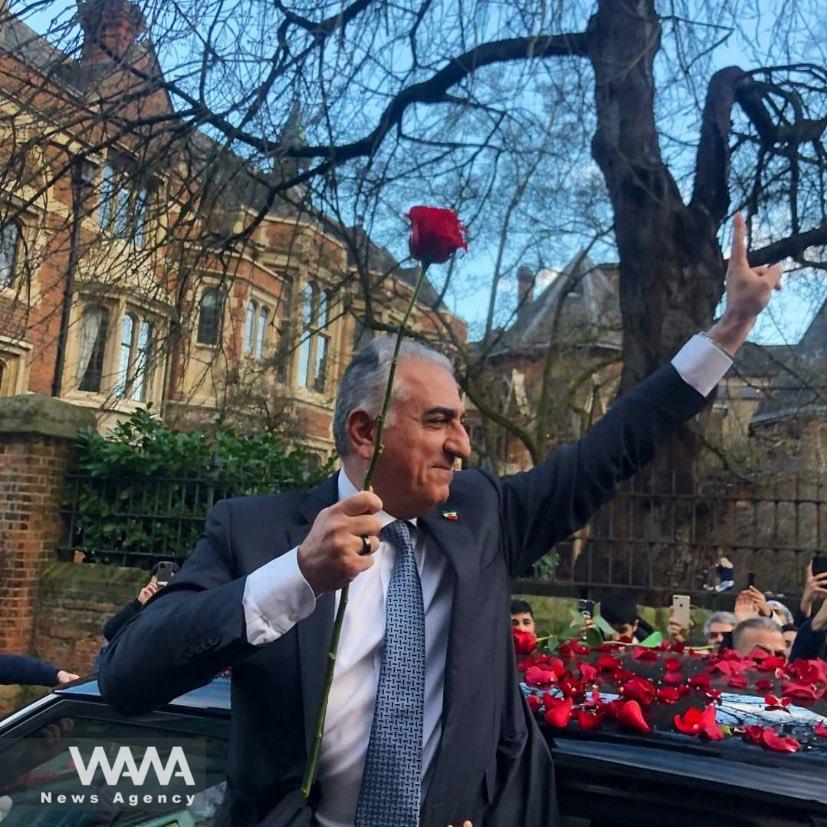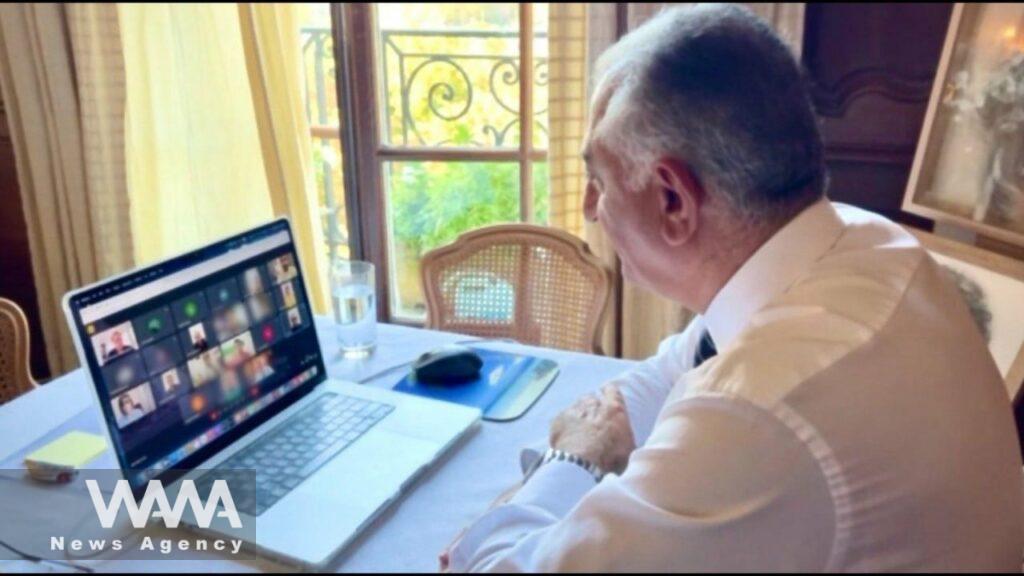Reza Pahlavi’s Second Humiliation at Munich
WANA (Feb 14) – While Reza Pahlavi (son of Mohammad Reza Pahlavi, the deposed Shah of Iran) and anti-Islamic Republic media attempted to portray his potential presence at the Munich Security Conference (MSC) as a significant achievement, his invitation was revoked for the second time by the conference organizers.
Reza Pahlavi claims that this decision was made directly by the German government. Regardless of the source of the decision, it reflects Europe’s realistic understanding of the insignificance of affiliated movements and the expiration of figures like Reza Pahlavi, who have lost their political relevance.
Reza Pahlavi, who has lived in the United States for years, believes that with the support of his backers and in the event of regime change, he can return to Iran as its monarch. However, he has minimal support among opposition groups both inside and outside the country.
Many opposition groups consider Reza Pahlavi a weak and opportunistic figure, believing that neither he nor his supporters have the capacity to bring about regime change in Tehran.
He and his family sustain themselves with the wealth his father, Mohammad Reza Shah, took out of Iran and by funding certain aligned media outlets in an effort to rebrand himself and rehabilitate the fallen Pahlavi dynasty.
The cancellation of his invitation, especially after the media hype by anti-Iranian outlets, once again demonstrated that the Islamic Republic remains a decisive force in the West’s security and political calculations, while figures like Reza Pahlavi lack a place even in Western symbolic projects.
Reza Pahlavi’s supporters had hoped to politically and publicly exploit his attendance at the Munich Security Conference to enhance his political standing. However, it seems that the conference organizers recognized this maneuver and did not allow Pahlavi and his small circle of followers to take advantage of the event for political and propaganda purposes.
The large turnout of people in the February 10th rallies, marking the anniversary of the Islamic Revolution’s victory, sent a clear message to Western governments: investing in such figures yields nothing but costs.
Contrary to various analyses and despite economic difficulties and livelihood concerns, more Iranians took to the streets in support of the system during the recent anniversary celebrations.

MORE ABOUT REZA PAHLAVI
Reza Pahlavi, the son of Mohammad Reza Shah, is an opposition figure advocating for regime change in Iran. Born in 1960, he was the last crown prince of Iran before the 1979 Islamic Revolution forced his family into exile.
Since then, he has lived primarily in the United States, promoting secular governance for Iran. Despite his efforts to unite opposition groups, he has struggled to gain significant political traction, facing criticism from both monarchists and republicans.
Many opposition groups view Reza Pahlavi as a weak and ineffective leader, arguing that he lacks a clear political strategy and broad support among Iranians. His critics accuse him of relying on the wealth his father took out of Iran while attempting to rebrand the Pahlavi dynasty through media campaigns.
While he continues to advocate for international pressure on the Iranian government, his influence remains limited, and his role in Iran’s political future is uncertain.

Reza Pahlavi, the son of the last Shah in Iran, who is living in America, had called the people of Iran to participate in the protest. Social Media / WANA News Agency
THE MUNICH SECURITY CONFERENCE
The Munich Security Conference (MSC), held annually in Germany since 1963, is a premier global forum where leaders, policymakers, and experts discuss urgent security challenges like geopolitical conflicts, cybersecurity, and climate change.
It promotes multilateral dialogue and cooperation among heads of state, defence officials, and international organizations, playing a vital role in shaping global security strategies and fostering diplomatic solutions.












